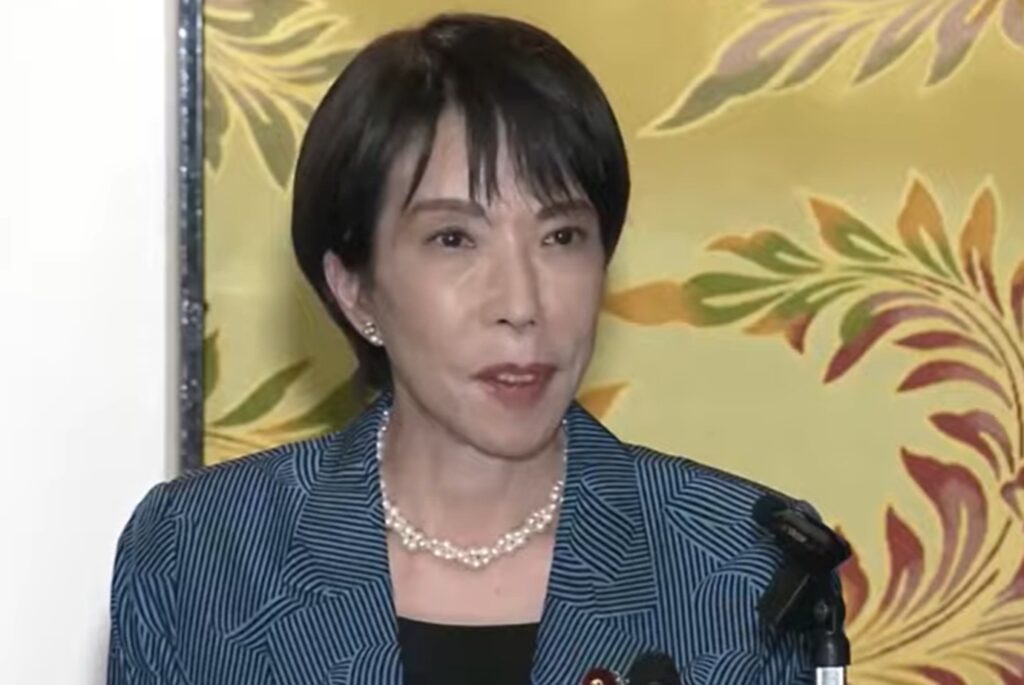In a historic vote, Japan has elected Sanae Takaichi as Prime Minister, making her the first woman to fill the country’s top job.
Known as Japan’s ‘Iron Lady’, the 64-year-old Takaichi is an ultra- conservative politician whose Liberal Democratic party (LDP) formed a last-minute coalition deal with the right-wing Japan Innovation PArty (JIP).
She received 237 votes in the 465-seat lower house of parliament on Tuesday to confirm her position in the role.
Now Japan’s fourth leader in five years, this was her third attempt at becoming prime minister.
A protege of the assassinated former PM Shinzo Abe, Takaichi is a long-time advocate of “Abenomics”, including higher government spending and tax breaks to cushion the rising cost of living.
While her election campaign included promises of better female representation in Japan’s government, critics say this might be false hope, as Takaichi only appointed two women to her cabinet hours after being voted in.
In Takaichi’s 19-member cabinet, she appointed Satsuki Katayama as the first woman to hold the post of finance minister, and she appointed Kimi Onoda as economic security minister.
What kind of leader is Takaichi?
Takaichi’s leadership is expected to have far-reaching impacts, given that Japan is generally ranked as the world’s fourth largest economy, behind the United States, China and Germany.
She’s been vocal that her political hero is Margaret Thatcher, saying her goal is to become the ‘Iron Lady’, referencing Thatcher’s common nickname and uncompromising leadership style?
When it comes to work-life balance, Takaichi’s comments have drawn attention for saying: “Everyone will be required to work – work like a horse. I will abandon the notion of work-life balance. Work, work, work, work, work.”
She opposed revising a 19th-century law requiring married couples to use the same surname, arguing that allowing women to retain their maiden names would stray too far from traditional family values.
She opposes calls for changes to succession laws that would allow female members of the imperial household to become reigning empresses.
She has spoken out against discrimination towards members of the LGBTQ+ community, however, she opposes same-sex marriage.
As Japan battles inflation, the rising cost-of-living, declining real wages and growing anti-immigration sentiment, Takaichi said during her campaign that the country should “reconsider policies that allow in people with completely different cultures and backgrounds”.
Her task as prime minister will be to unite her LDP party and win back public support amid a history of scandal and poor election results.
Female representation
Before Takaichi’s election win, the latest UN Women figures showed 29 countries had 32 women serving as head of state and/or government.
In a world where women leaders are underrepresented in politics, Taikachi brings this number up to 33 women.
At the current rate, UN Women data shows gender equality in the highest positions of power will not be reached for another 130 years.
Sociologist and prominent Japanese feminist Chizuko Ueno said on X that while Takaichi’s leadership elevates Japan’s gender equality ranking, “that doesn’t mean Japanese politics will become kinder to women”.


